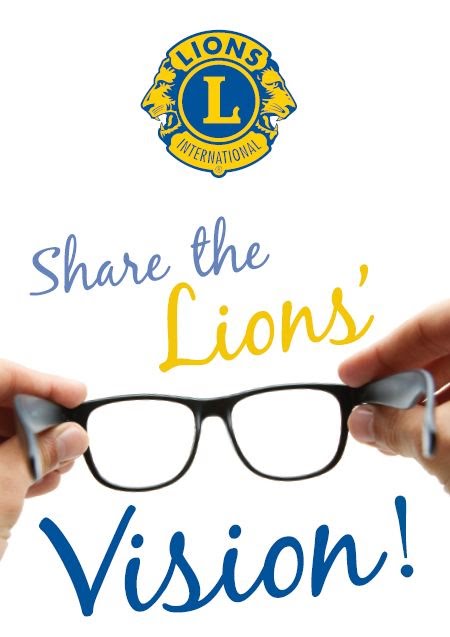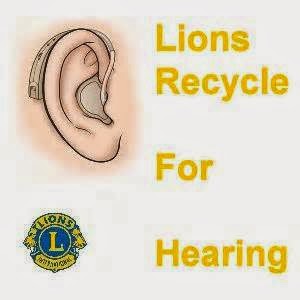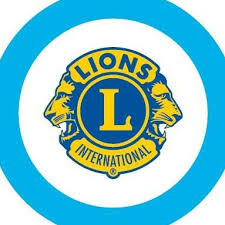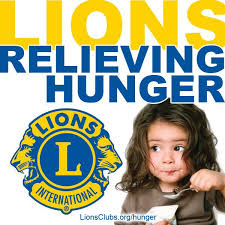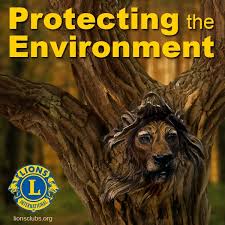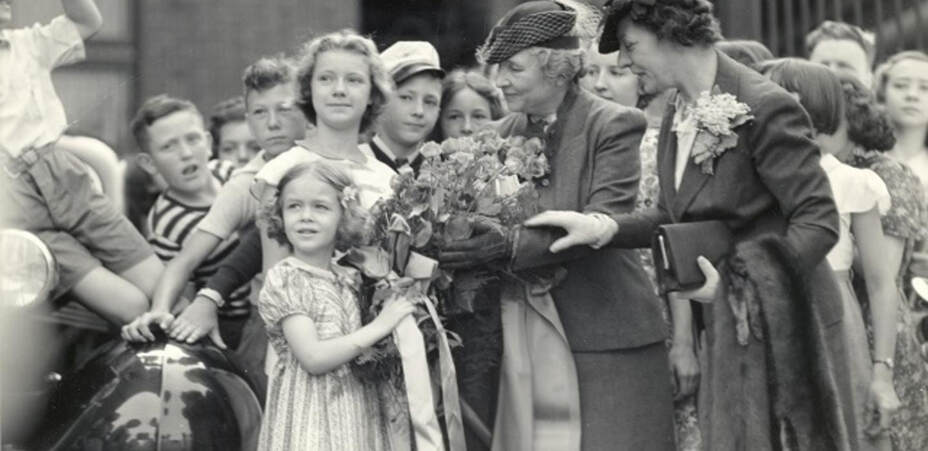Coupeville Lions Club Foundation
The Coupeville Lions Foundation is a Washington non–profit corporation and has also qualified as a §501(c)(3) charitable organization.
The Coupeville Lions Foundation helps the Coupeville Lions Club improve the lives of people in the community of Coupeville, WA through donations to individuals and other charitable organizations, and around the world through its support of the Lions Clubs International Foundation.
The Foundation is funded by fundraising activities arranged by the Coupeville Lions Club, and from private donations and contributions. The Coupeville Lions Club pays all costs of administering and operating the Foundation, and focuses its monetary support in six broad categories of need:
The Coupeville Lions Foundation helps the Coupeville Lions Club improve the lives of people in the community of Coupeville, WA through donations to individuals and other charitable organizations, and around the world through its support of the Lions Clubs International Foundation.
The Foundation is funded by fundraising activities arranged by the Coupeville Lions Club, and from private donations and contributions. The Coupeville Lions Club pays all costs of administering and operating the Foundation, and focuses its monetary support in six broad categories of need:
- vision . . hearing . . Diabetes . .hunger . . environment . . youth
In 1925, as an ambassador for the newly formed American Foundation for the Blind, Helen Keller addressed the Lions Clubs International Convention in Cedar Point, Ohio.
“Try to imagine how you would feel if you were suddenly stricken blind today,” Keller asked Lions members packed into the convention hall. “Picture yourself stumbling and groping at noonday as in the night; your work, your independence gone.”
Keller knew exactly what this was like. Blind and deaf since the age of 19 months, she had once lived in virtual isolation, unable to effectively communicate. Then, a teacher from the Perkins School for the Blind named Anne Sullivan came to live and work with Keller and taught her to connect with the world through sign language. Keller eventually learned to read and write, earned a bachelor’s degree and learned how to speak.
Most Lions at the time were familiar with her well-publicized story. Some Lions in the audience had already been involved with service projects to the blind. But witnessing Keller share her heart and soul for the plight of the blind brought the reality of being visually impaired crashing home for everyone present. The Lions and their guests were captivated.
Keller saved her most stirring words for the end of her speech, hoping that the Lions would partner with the American Foundation for the Blind and lend their support as an organization to those who had lost their sight.
“Will you not help me hasten the day when there shall be no preventable blindness; no little deaf, blind child untaught; no blind man or woman unaided? I appeal to you Lion, you who have your sight, your hearing, you who are strong and brave and kind. Will you not constitute yourselves knights of the blind in this crusade against darkness?”
She had no idea just how far the association would take her challenge.
Before the convention was over, the association unreservedly dedicated itself to making Keller’s dream a reality. Lions would become Keller’s Knights of the Blind.
Since 1925, hundreds of millions of lives have been changed through the vision-related work of Lions around the world, and today the association is as dedicated as ever to hastening the day when no one should suffer unnecessarily from vision problems. Through eye centers and hospitals, medicines and surgeries, eye glasses and eye banks, Lions are working to end preventable blindness and aid the visually impaired.
Keller’s challenge and her dream live on.
“Try to imagine how you would feel if you were suddenly stricken blind today,” Keller asked Lions members packed into the convention hall. “Picture yourself stumbling and groping at noonday as in the night; your work, your independence gone.”
Keller knew exactly what this was like. Blind and deaf since the age of 19 months, she had once lived in virtual isolation, unable to effectively communicate. Then, a teacher from the Perkins School for the Blind named Anne Sullivan came to live and work with Keller and taught her to connect with the world through sign language. Keller eventually learned to read and write, earned a bachelor’s degree and learned how to speak.
Most Lions at the time were familiar with her well-publicized story. Some Lions in the audience had already been involved with service projects to the blind. But witnessing Keller share her heart and soul for the plight of the blind brought the reality of being visually impaired crashing home for everyone present. The Lions and their guests were captivated.
Keller saved her most stirring words for the end of her speech, hoping that the Lions would partner with the American Foundation for the Blind and lend their support as an organization to those who had lost their sight.
“Will you not help me hasten the day when there shall be no preventable blindness; no little deaf, blind child untaught; no blind man or woman unaided? I appeal to you Lion, you who have your sight, your hearing, you who are strong and brave and kind. Will you not constitute yourselves knights of the blind in this crusade against darkness?”
She had no idea just how far the association would take her challenge.
Before the convention was over, the association unreservedly dedicated itself to making Keller’s dream a reality. Lions would become Keller’s Knights of the Blind.
Since 1925, hundreds of millions of lives have been changed through the vision-related work of Lions around the world, and today the association is as dedicated as ever to hastening the day when no one should suffer unnecessarily from vision problems. Through eye centers and hospitals, medicines and surgeries, eye glasses and eye banks, Lions are working to end preventable blindness and aid the visually impaired.
Keller’s challenge and her dream live on.

